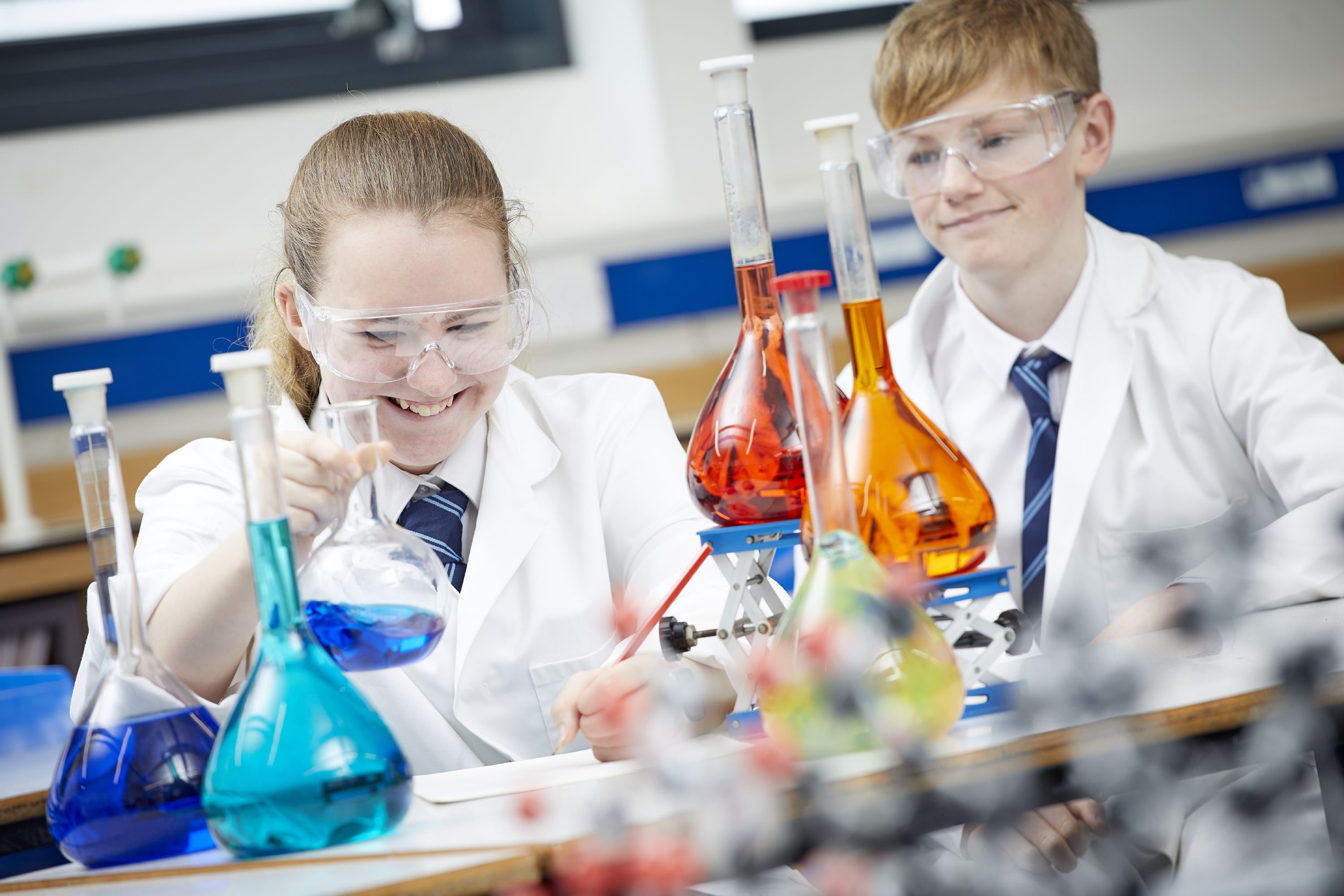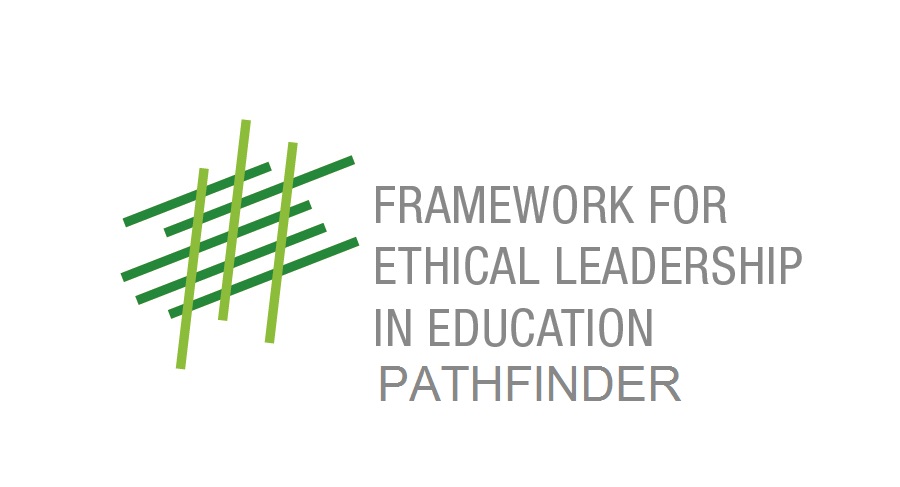Photography
The photography department forms part of the Creative Arts Faculty. Photography lessons involve a range of practical activities in various areas of photography including portraiture, location photography, studio photography, experimental imagery and documentary photography to name a few. Students will use digital photography to demonstrate the ability to use photographic techniques and processes, namely lighting, viewpoint, aperture, depth of field, shutter speed and digital manipulation processes. In photography students develop the ability to think creatively and to find innovative and exciting ways to communicate their ideas and opinions.
At GCSE level, in Year 9 students learn to develop their knowledge, understanding and skills through practical and critical study. At GCSE in Year 10 and Year 11 students learn to creatively respond to a sustained project evidencing the journey from initial engagement to the realisation of intentions undertaken during the course of study. Students are encouraged to experiment with the digital process of image making, allowing a more personal and individual visual means for the expression of their ideas and interests.
| Staff | Position |
|---|---|
| Mr Cotson | Deputy Head of Faculty |
| Mr Green | Teacher |
Key Stage 4
Aims of the course:
The GCSE photography course offers a unique opportunity for students to work with a sense of freedom, independence and creativity. We aim to give students a broad experience in a range of specialisms including portraiture, location photography, studio photography, experimental imagery and documentary photography to name a few. The course allows for students to make many personal choices in terms of the themes they chose to explore and the techniques they wish to develop. Students are encouraged to find new and innovative ways of expressing their ideas and communicating meaningful concepts. It is imperative that students can demonstrate initiative and are proactive in independently ‘getting out there’ to take photographs. Those who are planning on only taking photographs in school will struggle to capture variety in their visual work.
Course content:
This course offers students the opportunity to study photography including a range of disciplines and working approaches to lens based media and image making. GCSE photography gives you the opportunity to build camera skills and gain knowledge of digital manipulation using Adobe Photoshop. involves working on two extended practical projects, one worth 60% and the other 40%. In Y9 students develop practical skills through several mini projects which are designed to improve knowledge and understanding of digital SLR processes. Y9 art students learn how to refine and develop their work to higher standards. In Y10 students begin their ‘Major Project’ which can be based upon a theme of their choice. The ‘Major Project’ gives students a chance to develop imaginative and creative ideas, experiment with materials and process and develop their ability to create sophisticated outcomes. In Y11, students complete the ‘Major Project’ and also complete an ‘Externally Set Task’ worth 40%. The ‘Externally Set Task’ allows students to respond to their chosen starting point from an externally set assignment paper relating to their subject title, evidencing coverage of all four assessment objectives.
|
Year 9 |
Year 10 |
Year 11 |
|
Experimental mini briefs that develop knowledge of digital SLR camera processes/ functions. |
Major Project |
Major Project Externally Set Task |
Assessment:
Unit 1: Portfolio (Sustained project + Year 9 selection of further work) = 60%
Unit 2: Externally Set Task = 40%




